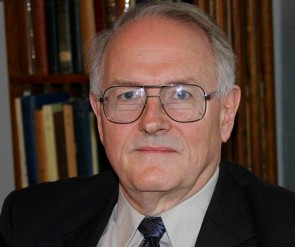
To assess the latest developments in the domestic and foreign affairs of Georgia, Voice of America’s (VOA) Anna Kalandadze interviewed Washington-based long-standing Eurasia observer Paul Goble. The Georgian-language interview first appeared on VOA. Here is an English version:
VoA: Split and demise of the Georgia’s National Movement, or/and in other opposition parties, is this normal and whose responsibility is it, in fact?
Paul Goble: I would not lay responsibility on anyone in particular either inside or outside of Georgia. It appears to be that this simply reflects the weakness of political parties in the republic, a weakness that is based on the fact that they have been formed from the top down rather than the bottom up and so are overly linked to the changing kaleidoscope of leaders.
VoA: Gazprom’s latest deal with Georgia – is Tbilisi losing effectively its sovereignty by this? What is the real problem besides the lack of transparency?
Paul Goble: The absence of transparency about this is worrisome. At the same time, if Georgia continues its other policies, this need not represent a surrender of sovereignty, although it certainly would have been better if everything had been done openly and in public. Otherwise there will suspicions and suspicions have power.
VoA: Russian disinformation in Europe/Caucasus and how to fight it? What is the role of governments, civil society and journalists?
Paul Goble: Fighting disinformation is hard because exposing it like exposing a spy reveals a weakness in the target audience and that may even be part of Moscow’s calculation. There needs to be developed both a strong advertising sector to support independent media and a strong state sector to ensure that enough journalists can do their jobs.
VoA: How to you see the Trump Administration working with Georgia, what lies ahead for bilateral relations?
Paul Goble: I fear that Trump will largely ignore countries like Georgia. That makes the latter potentially prisoners of his policies toward Moscow. But it may also mean that many things Washington has been doing with Georgia will continue because the White House won’t be bothered to interfere.
You can follow Anna Kalandadze, head of VOA Georgian section on twitter at @anavoa or find more interviews via voanews.com/Georgian.

